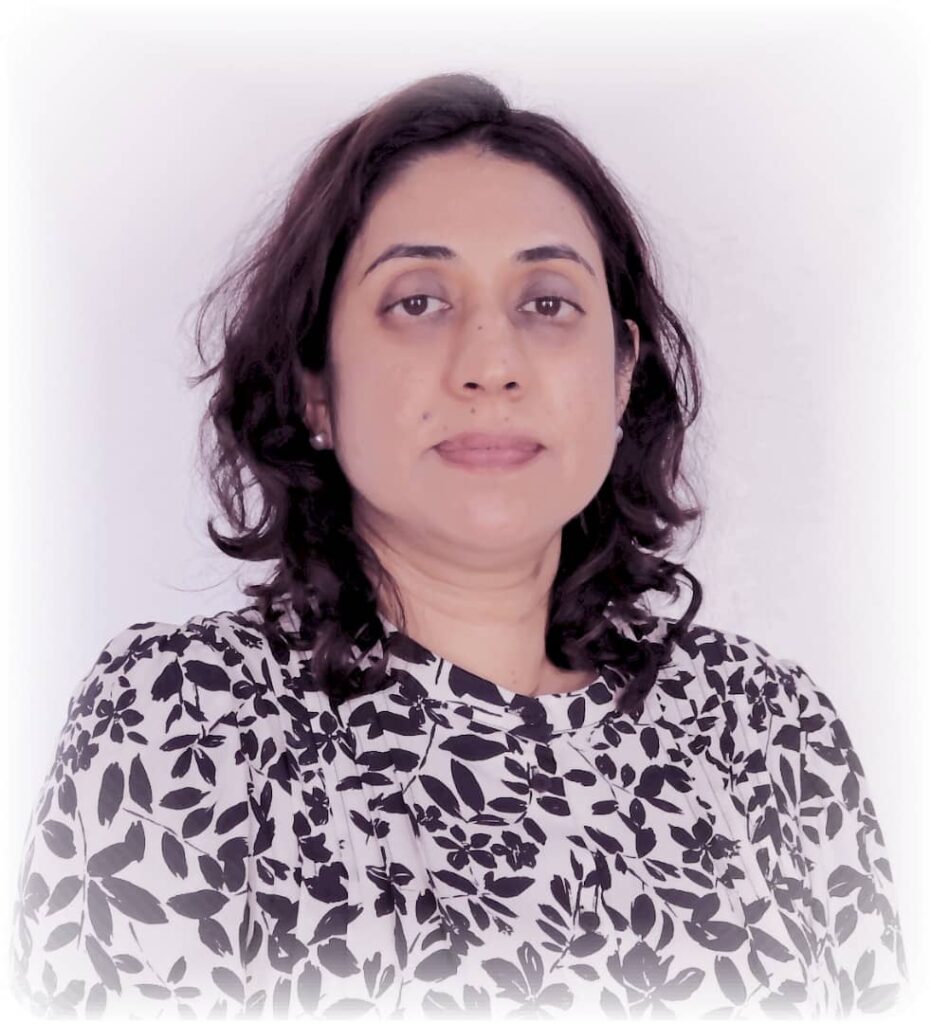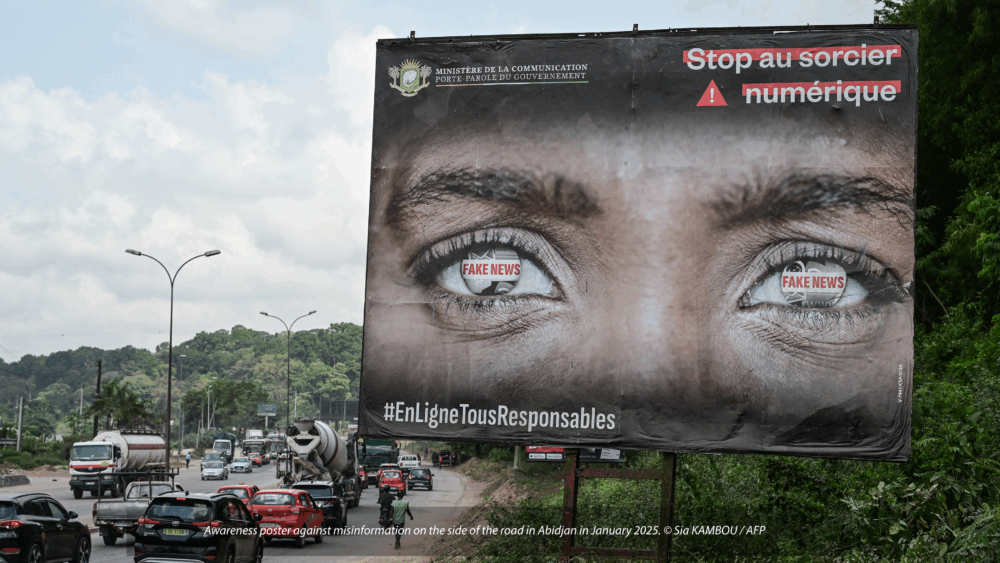
Since 2021, Ourveena Geereesha Topsy-Sonoo has been the Special Rapporteur on Freedom of Expression and Access to Information at the African Commission on Human and Peoples’ Rights (ACHPR). She describes the origins of a legal framework for countering online disinformation on a continent where, for a long time, information was a rare commodity.
Article 9 of the African Charter on Human and Peoples’ Rights, adopted in 1981 at a time when there were not a lot of media outlets in Africa, defends the right to receive information.
To what degree has this right been secured today throughout the continent?
Ourveena Geereesha Topsy-Sonoo: There was not much progress until 2013, the year that the African Union (AU) enacted a Model Law on access to information. This Model Law revealed certain characteristics common to all African countries, such as “the poor record keeping culture and pervasive culture of secrecy within the public service in Africa, high levels of illiteracy and poverty, as well as limitations in respect of access to justice.” This led to a lack of access to information, which, as the Model Law states, deprived “citizens of their right to participate in the decision-making process and hold elected representatives accountable.”
To meet these challenges, the Model Law enacted multiple obligations for public and private administrations, including the creation, filing and archiving of information; proactive communication; and providing an active response to citizens’ requests for information in a language that they understand. At the time, 32 years after the African Charter on Human and Peoples’ Rights enacted the right of access to information, only 11 countries in the AU had a national law on this subject. Today, thanks to this Model Law, 29 countries* have national legislation guaranteeing the right to information. This reveals the progress made, even though much remains to be done in the 55-country African Union.
At a time when Africa’s media is becoming increasingly digital, what are the contributions of the texts the ACHPR adopted following the Model Law: the Guidelines on Access to Information and Elections (2017) and the Declaration of Principles on Freedom of Expression and Access to Information (2019)? More recently, what elements of the AU’s Continental AI Strategy (adopted in July 2024) specifically concern the media?
The first two texts that you mention are soft law instruments intended, on the one hand, to remind governments of the benefit of enacting a national law on access to information; and on the other, to encourage them to address issues that are still major challenges in Africa: ensuring that everyone, even marginalised people or those living in rural areas, can access the internet and has the tools necessary to seek, receive and share information.
Restating the fact that “the right of access to information […] is an invaluable component of democracy,” the 2017 Guidelines focus on elections. They remind governments of the obligations enshrined in the Model Law and, for the first time, assign obligations to the media and online platforms: the publication of editorial charters and ethical codes; pluralism; the prohibition of verbal abuse and conflicts of interest, etc.
The 2019 Declaration of Principles is much more detailed and represents a solid first draft of African regulations for the media sector. For example, it promotes “universal, equitable, affordable and meaningful access to the internet”; it obliges governments to “facilitate the establishment of community media”; and it provides clear directions to all internet intermediaries to enable “access to all internet traffic equally without discrimination”, without interfering with “the free flow of information by blocking or giving preference to particular internet traffic.”
I welcomed the Continental AI Strategy of July 2024, and in particular its seventh area of action, which “focuses on information integrity, media and information literacy.” Among other things, this area of action proposes to “regulate digital platforms and protect African people from misuse of emerging technologies.” It also aims to “develop strategies to address challenges posed by AI to the integrity of online information […] that may negatively affect the cohesion of African society and the wellbeing of its people.”
In a resolution passed in March 2025, the ACHPR instructs you to “develop guidelines […] to enable States Parties to effectively monitor the platforms’ performance” and “to advance information integrity online.” What is your thinking with regard to this?
The ACHPR’s Resolution 630 effectively instructs me to help governments regulate tech enterprises in order to maintain independent fact-checking, which many of them overlook. Together with the African NGOs Media Monitoring Africa and African Fact Checking Network, I am working on developing guidelines.
The recent work done by UNESCO on World Press Freedom Day on May 3rd will help us make progress. Their work resulted in a joint declaration with the UN General Assembly, Economic and Social Council, and Human Rights Council on “the vital impact that Artificial Intelligence (AI) has on freedom of expression [and] freedom of the media.”
During the debates held that day, I emphasised the growing digital divide between Africa and the rest of the world. AI technology thrives on high powered computer chips, data centres, strong research capacity and financing. These currently do not exist in Africa. As most AI models are developed outside Africa, they are not adapted to African languages, skin tones or other specificities. With this in mind, we must be attentive to the recommendations of the joint declaration, which states that it is vital to “reduce digital divides” and “to promote media and information education” in order to achieve “secure and trustworthy AI systems that are inclusive, equitable and beneficial to all.”
*South Africa, Angola, Benin, Burkina Faso, Cabo Verde, Côte d’Ivoire, Ethiopia, Gambia, Ghana, Guinea, Kenya, Liberia, Malawi, Morocco, Mozambique, Namibia, Niger, Nigeria, Uganda, Rwanda, Seychelles, Sierra Leone, Sudan, South Sudan, Togo, Tanzania, Tunisia, Zambia, Zimbabwe.
– Excerpt from Mediation No. 15 by Fondation Hirondelle, available here.

